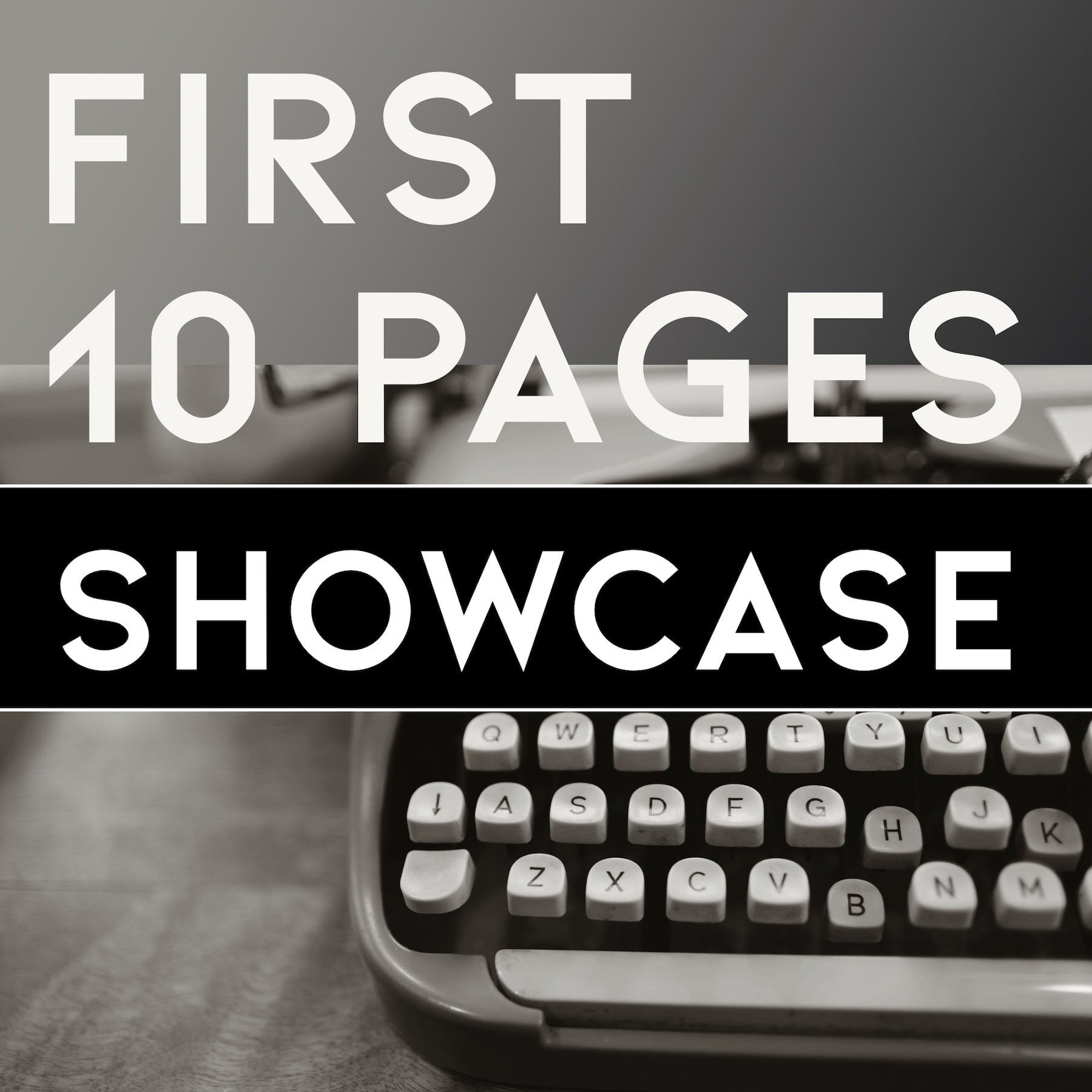
He's Just Not That Into You (Book to Screen)
This article looks at the adaptation process of the 2009 film He’s Just Not That Into You - a rare occasion that a self-help book is made into a movie.
Writers Abby Kohn and Marc Silverstein have taken authors Greg Behrendt’s and Liz Trucillo’s brisk-read-of-a-book, He's Just Not That Into You: The No-Excuses Truth to Understanding Guys, and somehow managed to turn it into an overly long 129-minute film (Casablanca and On The Waterfront weren’t even this long!)
(By the way, Behrendt and Trucillo once worked as writers on a little-known show called Sex and the City, an episode of which spawned the basis for the book.)
In their book, the two authors provide upbeat, edgy, irreverent anecdotes for dealing with men’s behavior set against the backdrop of nifty little stories presented in the form of letters from female readers seeking advice. Because of their wry wit and breezy tone, Behrendt’s and Trucillo’s no-brainer advice works well in print, even if you do wonder as you’re reading along just who really needs this advice?
Theme, Plot, Character
The structure of the book (with its goofy tales from clueless women and its sharp-tongued replies from counsel) creates a nice jumping-off point for the screenwriters. Kohn and Silverstein use many of the book’s “stories” to create the intertwining plotline:
- Beth and Neil (Jennifer Aniston and Ben Affleck) represent the topic: “If He’s Not Marrying You”
- Gigi and Conor (Ginnifer Goodwin and Kevin Connolly) & A Bunch of Other Guys (a bunch of other actors) highlight the ongoing dilemma: “If He’s Not Calling You”
- Anna’s (Scarlett Johannson) and Conor’s relationship presents the issue: “If (S)He’s Not Having Sex with You”
- Gigi’s and Alex’s (Justin Long) friendship conveys the subject: “If He’s Not Dating You”, and “If He’s Not Asking You Out” (but eventually leads to “Here’s What It Should Look Like” territory)
- Anna’s and Ben’s (Bradley Cooper) affair pinpoints the problem: “If He’s Married or Other Insane Variations”
- Janine’s (Jennifer Connolly) and Ben’s situation confronts the age-old what-to-do: “If He’s Sleeping with Someone Else”
(Personally, I would have liked to see a representation of the topic “If He Only Calls You When He’s Drunk”. Alas, the screenwriters chose to leave that one out.)
Though Kohn and Silverstein develop the numerous characters (even ensuring each character’s story has an inciting incident, turning point, crises, and climax) this film is not a character study. It is a theme-driven film. The writers chose each element to reinforce that message and deftly weave the book’s main point (stop listening to your girlfriends when they tell you “exception” stories -- you’re the rule, not the exception) into the storyline. Learning this simple truth is the impetus that sends three characters – Gigi, Beth and Janine - on their journey and leads to each of their characters’ transformation.
Point of Attack (The Opening Scene)
The screenwriters created the film’s opening scene from the book’s "Introduction" wherein Trucillo recites the story of a group of women discussing guy problems and reassuring one another that guys are just scared, intimidated, confused, busy, blah, blah, blah. The bottom line: if a guy's being a jerk it’s because he likes you. On screen, this became a charming scene with a young boy and girl playing in the schoolyard. When the little boy is mean to the little girl, the little girl’s mother tells her the boy treated her badly because he has a crush on her. This evolves into a series of snippets showing women around the world being treated badly by guys, and their girlfriends reinforcing the bizarre belief that if a guy is a jerk -- he must like you!
Devices
Kohn and Silverstein use a few devices to engage the viewer and help tell the story.
(1) The character of Alex is used as device to inform the Gigi what a guy really means when he treats a girl badly.
(2) The writers also use titles (taken directly from the book) as a device to break the film into four chapters: "If He’s Not Calling You", "If He’s Not Marrying You", "If She’s Not Sleeping With You", and "If He’s Sleeping With Someone Else".
(3) Alongside each chapter introduction, they present a scene with an actor conveying a story related to that topic (a la When Harry Met Sally).
(4) A voice-over device is used at the beginning of the film, which doesn't serve the story. The narration (provided by the character of Gigi) simply states what the viewer is seeing on the screen and what the characters are already conveying through dialogue, then quickly disappears from the movie without adding value.
Wrap-Up
At the end of the day (or the end of the screenplay), Kohn’s and Silverstein’s script does a brilliant job of retaining the upbeat and motivational tone of the book and presenting story elements that enhance the theme (no doubt viewers “get” what this movie is “about”) but, because the screenplay lacks the wit and edginess of the book and stays in the all-too-familiar-formulaic-zone, we’re left with a film that ultimately falls flat and misses an opportunity to present the familiar in a unique way.
Read the Screenplay: Script Library
Get the Book: Digital Book (Apple Books) | Audiobook (Apple Books)
Get the Movie: Digital Film (AppleTV)










